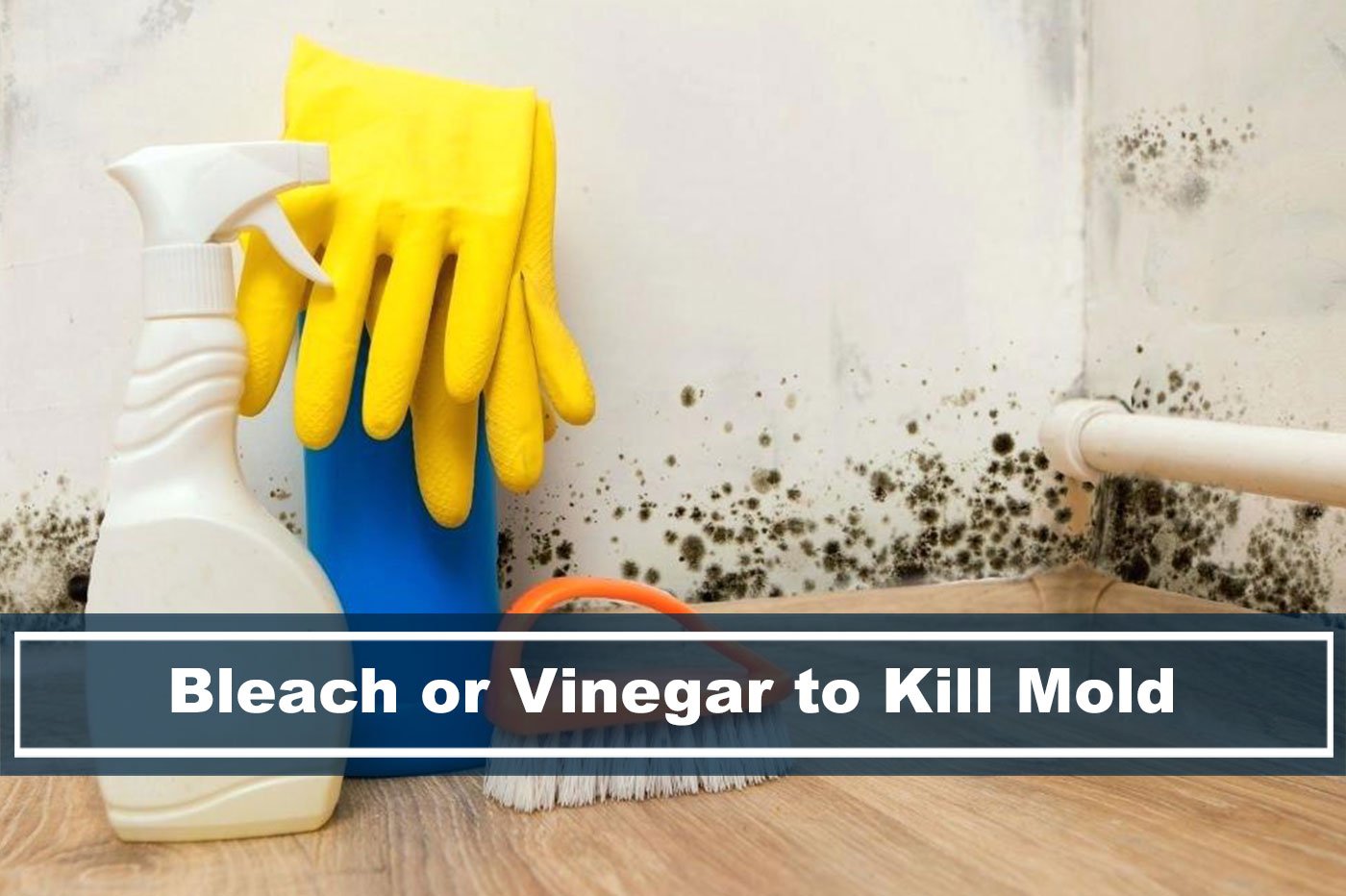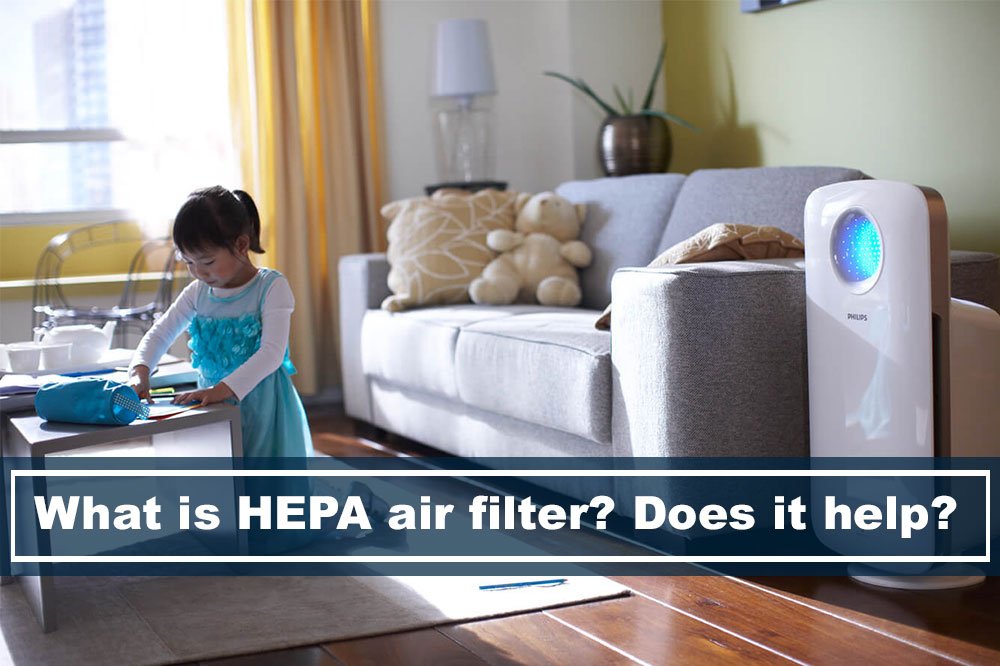
They say, “Balance is the key to everything.” Isn’t it? Once it gets out of order, every element starts to sting. One of the beautiful yet not so prominent examples of this is the humidity in our climate. It is the “necessary evil” that helps to form a beautiful and breathable environment, but when its level starts to climb up, it can do more than just rotting the woods out.
It could seem that excess humidity can do nothing wrong, but it can turn everything green, damage your walls, and damage the wooden elements. Eventually, high levels of moisture in your household will cost you thousands of bucks as well as disturbing your health, all along.
So what humidity is in actual and what causes high humidity levels in a house? This post highlights all the leading causes of high humidity in your home and what you can do about it.
What is Humidity?
Okay, humidity is one of the most common words that you hear almost whenever the temperature rises. Chances are you might also have heard the phrase that “It is not the heat, it is the humidity.”
Have you ever asked yourself what humidity is in actual? In essence, humidity is a measure of water vapors in the environment and more specifically in air. When the air retains more water vapors, the atmosphere feels more humid. When the ratio of water vapors in the air is low, the environment feels less humid.
Generally, people feel more comfortable in less humid and drier air and environment. However, too low humidity can be detrimental to the house and health and so is the excessive humidity. So again, “Balance is the key”.
The Problems Caused by Excessive Humidity in a House
On a scale of 1 to 100, the optimal humidity level in your house should be around 45 to 55. Ratings above and below these levels can be detrimental to both, your health and your home. These include:
- Damaged House Walls
- Molds and Mites
- Increased chances of allergies
- Paint and Wallpaper damage
- Rotten wooden floors and décor
- Electrical damage
- Unpleasant Musty odors
- Sleeping discomforts
Not only your house and your family members but too much humidity in the home can cause your pets to suffer as well.
So wanted to know what causes high humidity levels in a house? There could be several factors.
The Causes of High Humidity
Excess Humidity in a house can be a cause of too much moisture in a home that cannot get out or ventilate. The contributing factors might include:
Regions with High Humidity Levels
Okay, this is one of the more common reasons for excess humidity in your house. Some parts are naturally more humid than others. There’s no explanation for it. For example, some areas in America like Florida or Louisiana. These regions have around 80% humidity every day. Living in such areas with high humidity levels is not less than a nightmare for house owners, right? Well, it pretty much is. Such humid weather is quite hard on homes as well as the people. Whether it is the concrete house or a wooden house, it deteriorates rapidly.
What to Do – To make the environment of your house more breathable, we recommend using a humidifier. It definitely won’t save the interior of the house, but will surely make it comfortable.
High or Intense Rainfall Areas
If you live in the regions that have more raining clouds than any other region, then, you will get humidity climbing up your house. This is because during the rainy seasons, the home induced evaporation due to cooking or similar stuff cannot get way out, due to higher levels of water vapors out as well. And no matter how hard you try to ventilate your house, the humidity is stick to all the windows and walls.
What to Do – The best way to get yourself a sigh of relief from humidity, in this condition, is getting a dehumidifier. You can also invest in plants that suck out the moisture from the air as well as plenty of active coal and silica gel.
Showering
You might not find it surprising, but for the sake of conversation, your bathroom is the most humid place of all in your house. Something as simple as taking showers can release a tremendous amount of humidity in the bathroom. And when it comes to hot showers, you know what that means. The hotter the showers you take, the more vapors will be released and the more condensation process will occur. This will not only make your house humid but also makes the environment favorable for bacteria and mold growth.
What to Do – To make this less hurting and more comfortable, we recommend cutting on the heat in the showers and avoiding opening the bathroom doors, right after showering. This will save a lot of air, your health, and your money.
Drying Clothes Indoor
Another primary reason for excess humidity in your house is in-house laundry drying. Whether you live in a humid region or not, indoor laundry drying is a big NO-NO. It is merely something that you shouldn’t do, especially if you have other options. Each load of laundry that comes out of the washing machine releases around two liters of water in the air. Do you see what that means? Not only indoor laundry drying can increase the humidity levels in the air but also the washing scent can cause debilitating headache when combined all together.
What to Do – Simply avoid drying the clothes inside your house. And if you have to do it, make sure to drain every drop of water inside it and tumble dry it.
Home Renovations
Home Renovations is undoubtedly an excellent idea to get a sense of transformation but, if done right. If you are not careful while and after the renovations, all your cost and sweat would be for nothing. This is because every kind of improvement, be it a fresh coat of hue, or a concrete replacement needs a reasonable time for drying up. If not given the required time, you might have high humidity problems.
What To Do – So you need to be really careful when renovating your place. Make sure to give it enough time to dry up, before continuing to work on it. If not, the material can remain humid on the inside that will come out later. This will ruin your work as well as your health.
Coastal Air
This one is pretty simple, that doesn’t need any explanation. Right? But let us explain that when the weather is pretty hot, it warms up the air and increases the rate of evaporation from the sea. And that is quite the reason for plenty of moisture in the coastal breeze. So people living in the coastal areas seem to have high humidity houses and that they can do nothing about it.
What to Do – Although you can’t change the weather or switch your place, you can surely install a dehumidifier that purifies the air removes moisture from the air. You can also place dehumidifying plants in your house that will work naturally while allowing you to go green.
Plants
Now there are some plants that dehumidify the air and there are others that humidify it. You need to understand the types of such plants. Although humidifying plants are great for the dry areas, but these plants might not be ideal for your house, especially if your home is humid. So learn the difference and then make a choice.
What to Do – If you have high humidity problems in your area and house, plants like ginger, Bamboo Palm and Asplundia will make the problem even worse. So avoid planting such plants and invest in the ones that are known to dehumidify.
Air Condition Systems
“Get an Air Conditioner”! You might hear it every time you complain about the increased humidity in your house. Well, believe it or not, AC systems can raise the humidity levels in your home significantly. We are talking about the newer methods that purport to save 50% of your electric bills. The deal here is, achieve the lower temperature faster, but without removing humidity from the air. Yes, you get cold air, but you might even get more moisture than before turning it on.
What to Do – The only solution for this is to set your AC to a lower temperature. This will remove humidity but will cost you more energy and more electricity bill.
Rising Damp
Rising damp, along with some other factors like leaks in the buildings and porous walls contribute positively to increased humidity in the apartments. This will eventually increase the moisture in the air in the whole building that will ultimately improve the humidity levels. There’s nothing much that you can do about it. However, you can lower the humidity in your apartment.
What to Do – The only solution that we can suggest here is natural solutions like active coal and dehumidifying plants. You can also invest in dehumidifiers. This will dehumidify the air but won’t help with the rising damp and whole stifled buildings.
Bad Ventilation
The quality of air in your house is directly proportional to how good your house ventilation is. If the ventilation is good, your house will be less humid. However, on the other hand, if the ventilation of your house is poor, the air becomes stale and humidity can build inside. This will lead to mold development and dangerous health problems.
What to Do – We recommend changing the whole ventilation system. But if that’s not possible, make sure to open windows regularly, so that the fresh air can get in while the stale air can leave the house.
Gas Heaters
Gas heaters burn gas, in order to produce heat. Meanwhile, in this process, the water releases from it and forms vapors. These vapors get trapped inside the house and the air you breathe in. The chimneys have a proper ventilation system, however, the heaters without a chimney release the vapors right into the room.
What to Do – The only solution for this is to get heaters with a chimney. And if that’s is not possible, make sure to regularly air the room where the heater is. This way, the vapored air can ventilate and mold can’t grow inside the house.
Cooking or Using A Kettle
Cooking and using a kettle releases a significant amount of steam into your house. This directly increases the humidity in the air.
What to Do – Invest in an extractor fan that will inhale all the moisture from your cooking and it’ll spit it outside. You can also improve the ventilation system of your kitchen that will help to ventilate the air and keep it comfortable.
Final Thoughts
It is quite difficult to breathe in humid loaded houses. There can be lots of factors leading to it. So you need to first understand the factor that is causing the increased levels of moisture in your house and then take a possible solution to even it out. You can deal with it naturally unless you live in problem areas.





